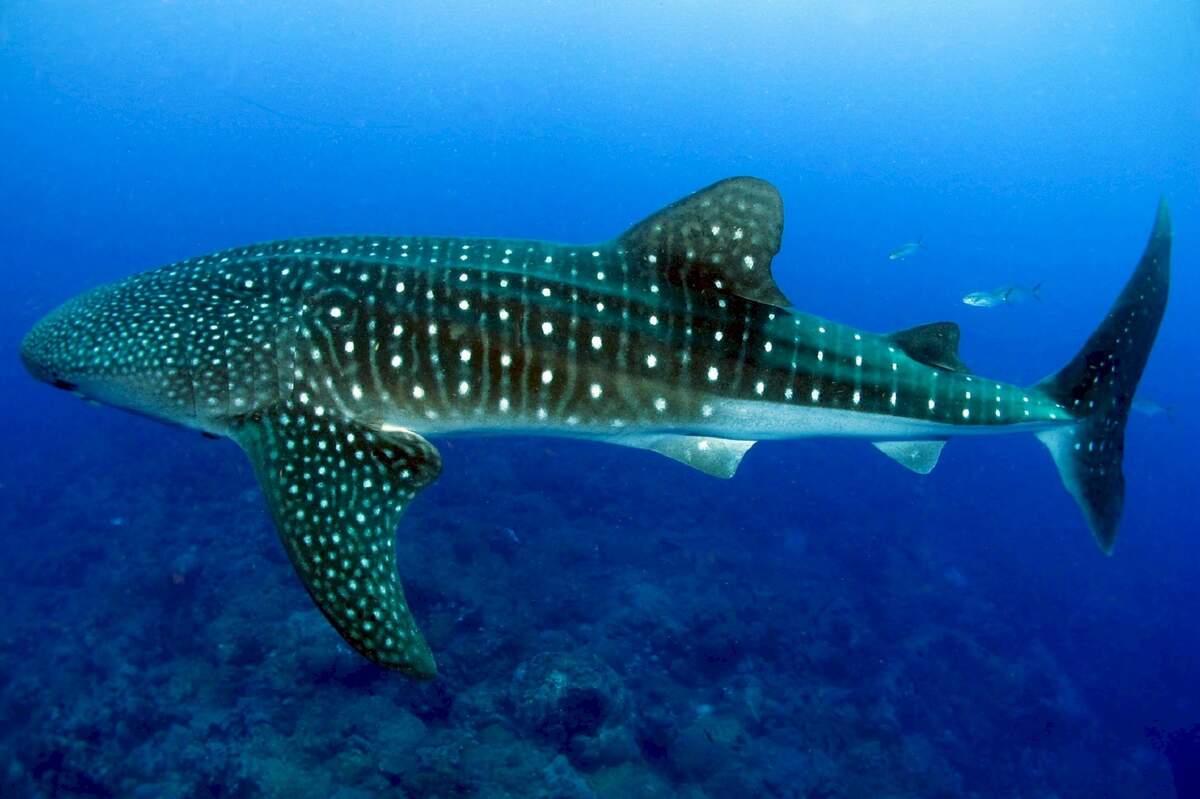

International Whale Shark Day
Observed
annually on August 30th (since 2008)
Dates
Founded by
Hashtags
Sources
https://saveourseas.com/international-whale-shark-day/
https://saveourseas.com/worldofsharks/species/whale-shark
https://www.greenpeace.org/usa/5-facts-for-international-whale-shark-day/
https://www.anrdoezrs.net/links/100298379/type/dlg/https://www.newspapers.com/image/497339651/
https://www.sfgate.com/mexico/mexicomix/article/Swimming-with-the-world-s-largest-fishes-2464257.php
https://www.wti.org.in/news/whale-shark-day-goes-international/
International Whale Shark Day illuminates the wonder of whale sharks and the role they play in keeping ocean ecosystems healthy and balanced and raises awareness about the threats they face so that a collective effort can be made to preserve them. Mexico's National Commission of Natural Protected Areas declared International Whale Shark Day during the Second International Whale Shark Conference in 2008, and the day has been observed on August 30 since that year.
Whale sharks are the largest extant shark, the largest fish, and the largest non-mammal vertebrate in the world. With a face like a whale and a body like a shark, and 3,000 tiny teeth about 5 millimeters in length, these gentle giants are filter feeders that live mainly on plankton, but also on fish eggs, krill, jellyfish, squid, and small fish. Their top sides are covered with unique white spot patterns, and they have wide, blunt heads. Whale sharks weigh about 12 tons on average, but may weigh as much as 20 tons (that's 40,000 pounds!). They may grow to more than 14 meters, and some have grown up to 18 meters (about 60 feet). They live to be about 70.
Whale sharks live in warm waters in tropical and subtropical areas (with the exception of the Mediterranean Sea). They amble about, swimming not much more than 3 miles per hour. They usually spend their time swimming in waters around a depth of 50 meters but can dive up to at least 1,900 meters. Since they usually spend time in shallower waters, they often come into conflict with fishing nets and ships.
Whale sharks are a boon to tourism. Ecotourism operators seek them out for in-water interactions. Mexico, the Maldives, and Australia are common whale shark tourism destinations. But whale sharks are also endangered species that have been hunted for their fins and meat, and their population was in decline in the early part of the twenty-first century. Most deaths are on account of the illegal shark fin trade. They are threatened not only by destructive fishing practices and overfishing but also by habitat loss and bad tourism management, such as boat strikes and too much interaction. Their habitat loss stems from climate change, pollution, and invasive species.
Some efforts have been made to protect whale sharks. Indonesia has a Ministry of Maritime Affairs and Fisheries that enacted a law for whale shark conservation, but it has been difficult to enforce. The Save Our Seas Foundation supports whale shark research. Researchers and others working to preserve the whale sharks and give them a sustainable future learn what they can do for them and share that information with policymakers. Each year this group gathers for the International Whale Shark Conference. From this conference sprang International Whale Shark Day, which we celebrate today!
How to Observe International Whale Shark Day
Celebrate the day by protecting whale sharks and the oceans they live in.
- Reduce your plastic waste and your impact on oceans: eat sustainably sourced seafood, avoid single-use plastics or plastics in general, use reusable containers, and recycle.
- Support organizations that are protecting the oceans and whale sharks. Some examples are:
- Take part in an event at an aquarium. For example, the Georgia Aquarium has held an event for multiple years.
- Share what you know about whale sharks and their conservation with others. Post about the day on social media.
- Track some whale sharks in Indonesia.
- Make plans to attend an upcoming International Whale Shark Conference.
- Choose eco-friendly tourism companies and see whale sharks in the wild. Regular destinations to see whale sharks are the Maldives, Mexico, and Australia.





















